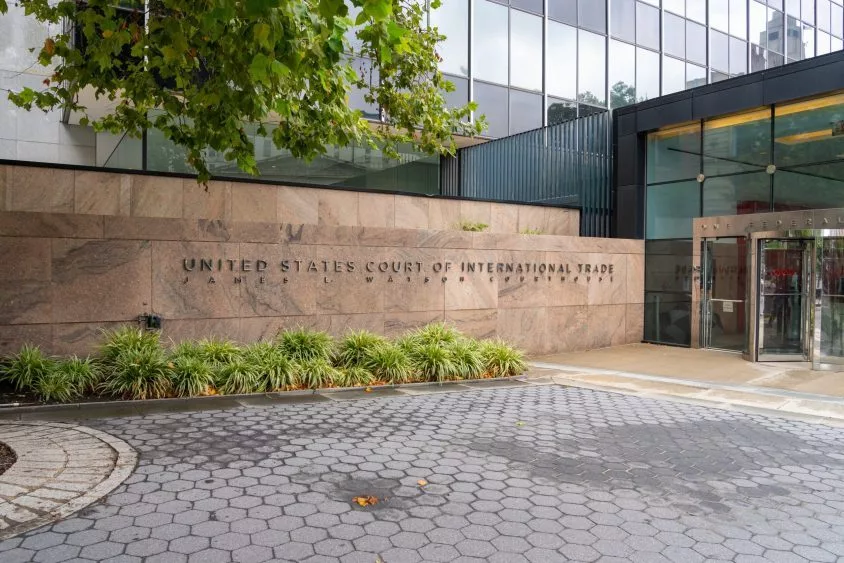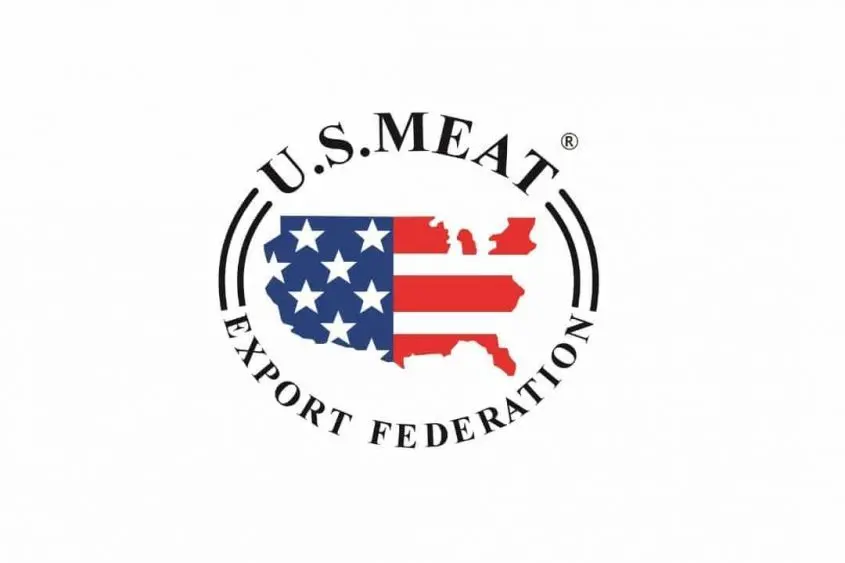
The U.S. Court of International Trade on Wednesday halted former President Donald Trump’s attempt to impose broad tariffs under emergency authority, ruling that the move exceeded presidential powers.
The decision, issued by a three-judge panel, follows multiple legal challenges asserting that Trump overstepped his bounds, destabilized U.S. trade policy, and triggered economic uncertainty.
At least seven lawsuits have been filed against the tariffs, which were a central feature of Trump’s approach to international trade.
While tariffs are generally subject to congressional approval, Trump argued that he could bypass Congress under the 1977 International Emergency Economic Powers Act (IEEPA), claiming the country’s long-standing trade deficits constitute a national emergency. At the height of the policy, tariffs were imposed on imports from most of the world, jolting global markets.
However, the plaintiffs maintain that the IEEPA does not grant the president authority to impose tariffs. Even if it did, they argue, the law allows emergency actions only in response to an “unusual and extraordinary threat.” The United States has recorded trade deficits for 49 consecutive years—hardly an unprecedented condition, they contend.
Jeffrey Schwab, senior counsel and director of litigation at the nonprofit Liberty Justice Center, which represents several small businesses in the case, said the statute does not authorize tariff powers. “That statute doesn’t actually say anything about giving the president the power to tariff,” Schwab said. “It doesn’t say the word tariff.”
In their complaint, the businesses describe Trump’s emergency declaration as “a figment of his own imagination,” arguing that trade deficits—which have persisted for decades without causing economic harm—do not constitute a genuine emergency.
Still, the Trump administration has defended its position by pointing to historical precedent. Officials argue that courts previously upheld President Richard Nixon’s use of emergency powers to impose tariffs during an economic crisis in 1971. That action relied on the 1917 Trading With the Enemy Act, a law that provided foundational language later adopted in the IEEPA.
The court’s ruling emphasized that the Constitution delegates trade authority to Congress, not the executive branch, and found no legal justification for Trump’s use of emergency powers in this case.
The Trump administration may next consider appealing the decision to the Supreme Court.
This is a developing story.



